20. The Mandela Effect
The human brain is without doubt a fascinating part of our bodies. Scientists can’t describe all the processes that our mind perform when thinking, loving, being depressed, anxious or happy. You could say that we are just about to reveal the secrets of the human brain, but we are far from it. Our memory is also an issue. Some of us possess an excellent memory, remembering almost everything in their lives, but most of us forget essential things. Why shouldn’t we trust our own memory? Why can’t we remember some events from our life? If you have not yet found an explanation to these questions, we will explain why, and help you address these issues. Who knows? Maybe you will even be able to get back your lost memories! You're not alone, as many people misremember an actual thing that did not happen.
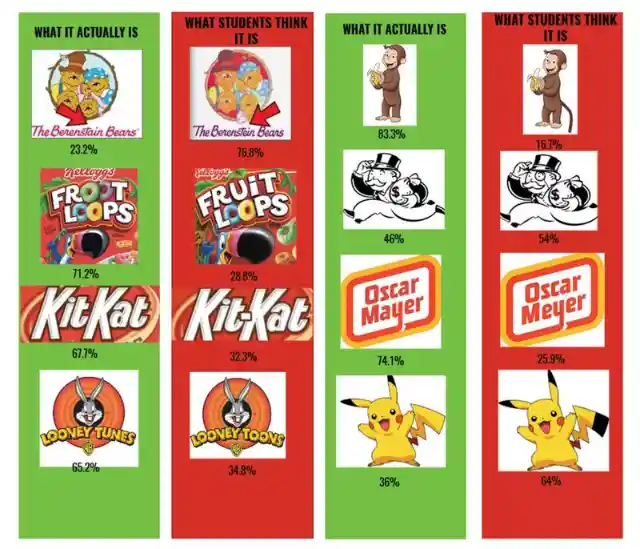
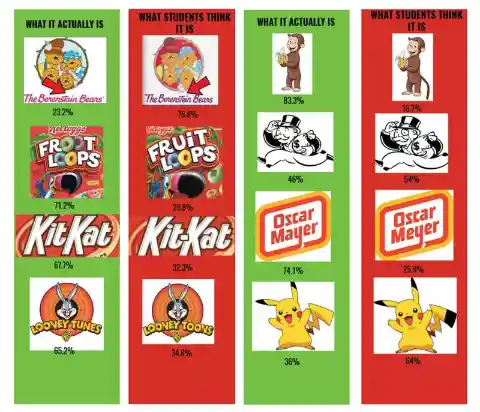
For instance, you may forget the name of a childhood friend, a park that you enjoyed playing into, or an event that did put a mark on your life. But you're totally sure that those events took place. What if they didn’t take place? Besides conspiracy theories, the Mandela Effect has a simple scientific explanation. Your mind is related to some events that you have heard of, misinformation, or anything related. The Mandela Effect is a trick for your mind, a delay into realizing the reality. But, what has Google to do with that?
Not as much as the Mandela Effect, the Google Effect has a similar outcome, finally. Whenever you search something on Google, there are few chances to remember it.


Also, your brain tends to 'delete' those things that you have memorized in the short term, without putting effort into it. Well, that might collapse your originality if you work in a creative job.
Cryptomnesia is a common issue. If you work in a domain based on original writing, such as content writing, when you read an article, you might memorize some things.


Accordingly, whenever you're on your keyboard trying to come up with something unique, you might end up plagiarizing others. Don't worry, we have some tips to help you out.
Imagine this thing - You’ve just been robbed and you're about to point to the guy who robbed you. Are you sure that guy is responsible for your loss? I guess not quite. That's because you have been filled with adrenaline during the event, and you cannot precisely point to the right guy.


The same happens in different moments in your life. You see or feel something, but you just do not remember. Focusing on your memories might help, as well as meditation.
Our eyes act like cameras but not entirely. When we see something, we're not like a film, registering everything.


Actually, we only record what it matters for us. Therefore, we cannot always remember details, so our human brain can stock only what what left a mark on us.
Repetitive fake news mostly broadcasted via news feeds, will make you believe that they are genuine.
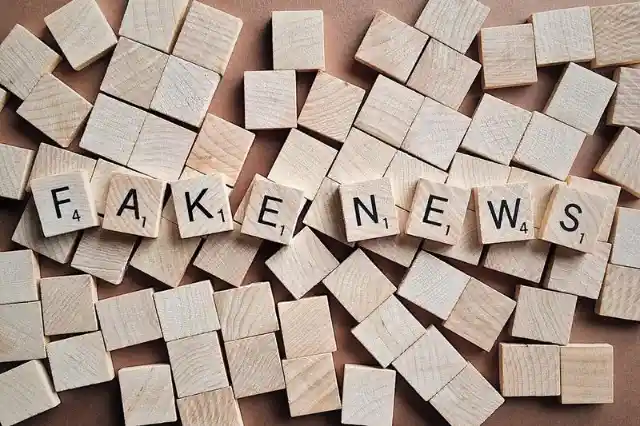

Accordingly, you should filter the information through your mind, research the facts and see what's true or not.
It's known that aging comes with some cognitive impairments. Even though that's not a rule, older adults have issues remembering some things.
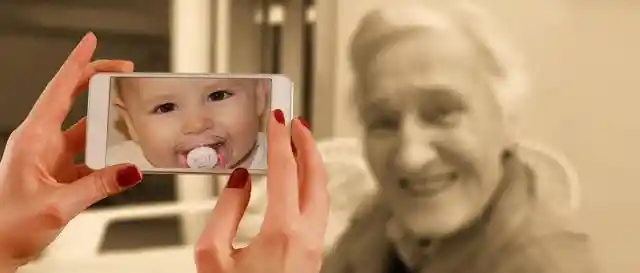
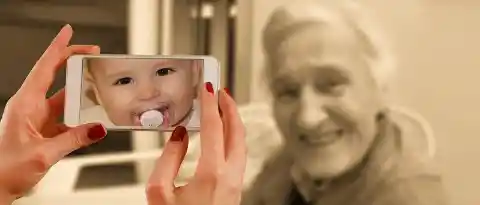
That's because, with aging, there comes the inability to retaining new memories and forgetting the old ones.
Humans tend to memorize positive memories rather than negative ones better. And that has a straightforward explanation - negative memories harm us, so positive ones make us enjoy ourselves.


The brain represses negative memories to keep us healthy.
While we all know colors because we have learned them during our childhood, our brain is not as sure about those nuances as our conscious mind is.


Accordingly, we might see some colors differently from the tones that other people experience.
Remember Matrix when Neo has experienced the deja-vu of a black cat, and everything went wrong afterward?


Well, in reality, a deja-vu experience, the specialists say, is nothing else than a delay in the brain that causes our mind to experience the same event twice.
The most challenging part of neurology is amnesia - when an individual loses their memory.


During a concussion or brain damage, we can lose our memory, and we end up with no memories from our past or ourselves.
A human brain is an excellent machine, running more processes than a computer processor. However, rather than a PC processor, our mind is electrically conducted by more than simple circuits. The lack of sleep is causing symptoms such as anxiety, depression, and nervousness.


Such as a computer, our organs need rest. Accordingly, for a human being, sleeping is the only way we can recover and enjoy having a sharp memory, among other things.
There are many memory-training exercises. Do you know which is actually working or not? We have some examples for you so that you would train your mind: Do the math: Mathematics helps your mind stay sharp.


Cooking: Even though it does not seem too much, taking cooking classes helps a lot. A foreign language: Learning a foreign language helps your mind stay focused and sharp. Head-eye abilities: Fine-motor skills will aid you to keep a fresh brain, including knitting, painting, and even assembling puzzles.
Usually, flashbulb memories are those related to public disasters.


However, flashbulb memories could also mean some personal events that are not charged with emotions or other specific meaning.
Sometimes, we have some painful memories. Accordingly, the human brain treats those as stressful stuff so that it alters them.
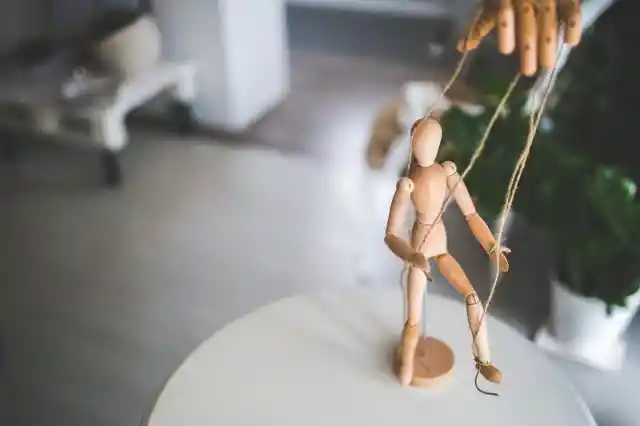

As such, self-manipulating memories mean those memories that our mind changes or shuts down directly to not harm us.
Sometimes we do consider our personal experiences as the genuine reality, regardless of what other, or studies, tell us. When we read a statistic, for example, we tend to deny its results just because it contradicts our experience.


While people around us are continuously telling us what to think about and believe in, we always tend to compare that with our lives and, eventually, deny that.
The best example of this one is the so-called "dogs in the clouds." Actually, we're talking about any other form that we see in random patterns, but which means something for us.


We can see anything in some designs, anything that translates into something we experienced in our lives.
Well, it's not a novelty, to be honest. Whenever you abused alcohol, your mind went into another 'world' where everything was not quite as the reality.


Alcohol, as well as drugs, have the purpose of altering your perception of the real world and 'transfer' you in another reality. Therefore, you cannot be sure of your memories or mind while intoxicated.
You might not believe it, but manipulation can alter your memory. We're not only referring to fake news.


The idea is that you can simply be manipulated by friends, family, or strangers. It could not seem like a big deal at first, but it might be essential in the long term when your perception over life could transform.
Although it doesn’t seem related, the diet plays an essential role in brain health and memory. Without adequate nutrition, your mind will simply forget some crucial things.


If you're refusing healthy fats, which are mandatory for the brain to function correctly, then you will face unpleasant cognitive issues. Having only a plant-based diet will affect your brain, and in time, you will experience some lacks of memory, among other issues.